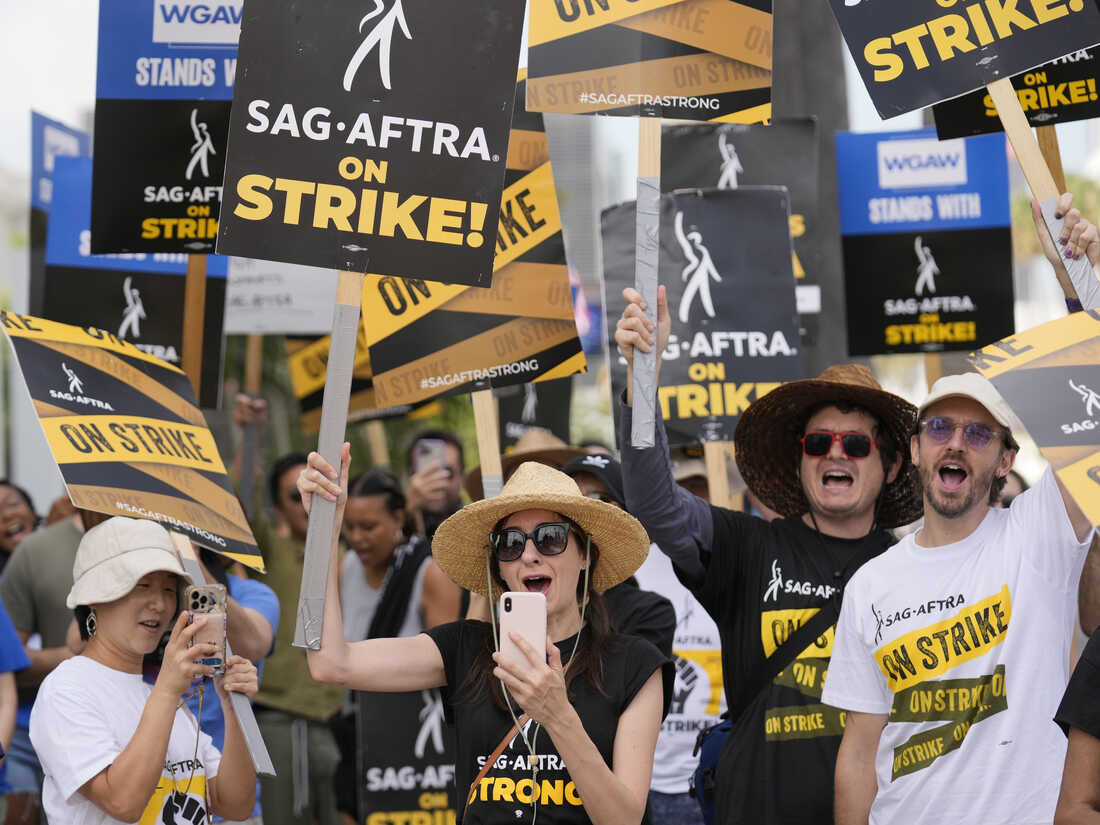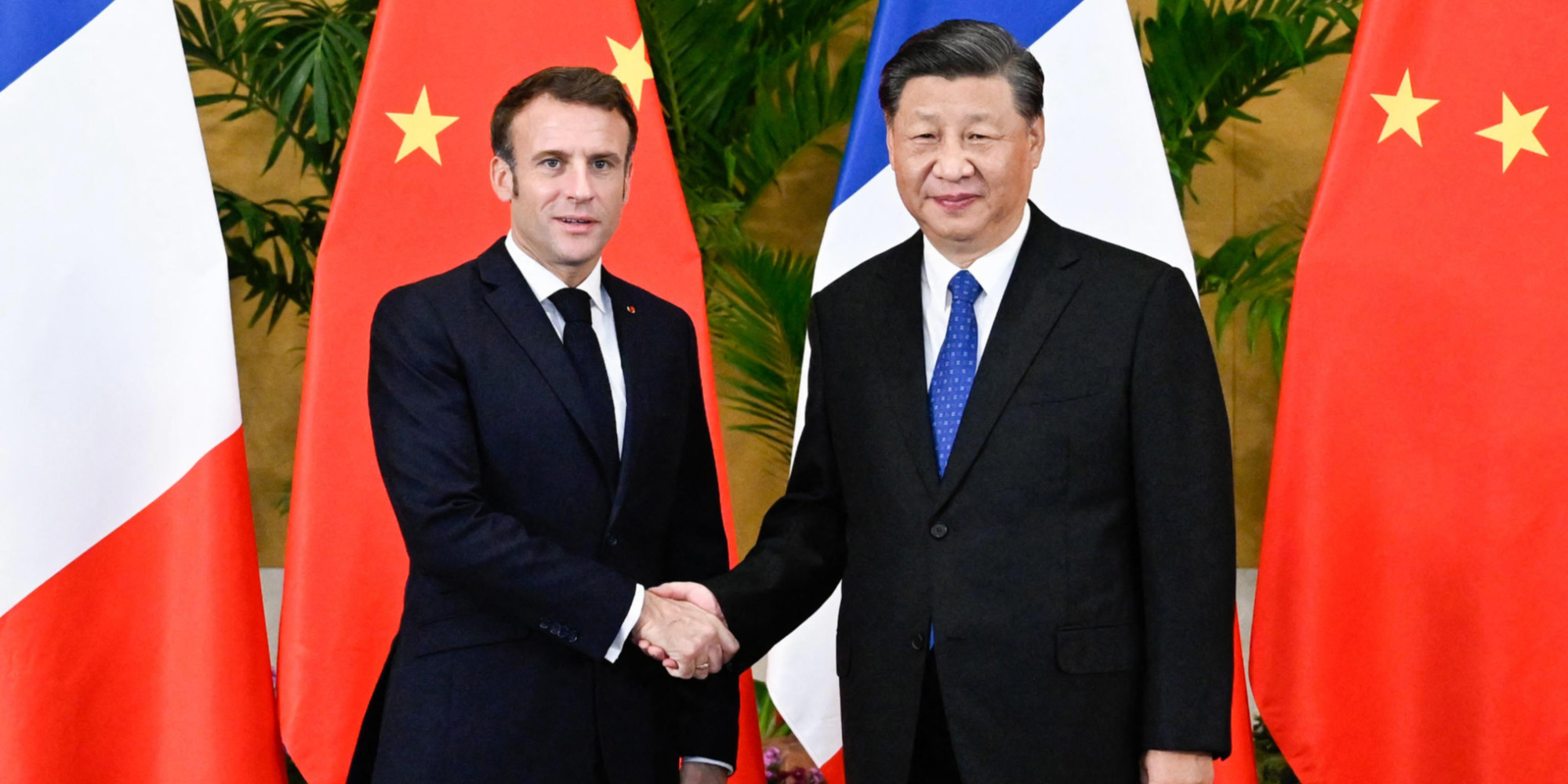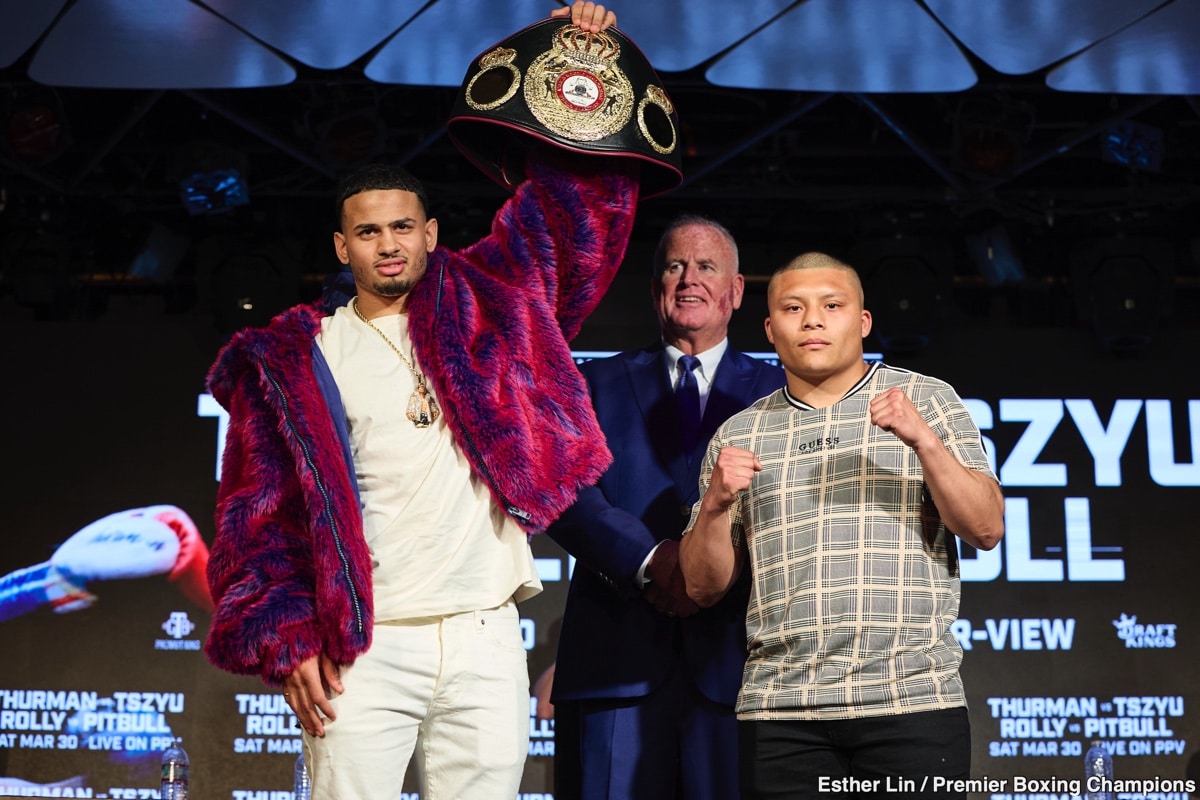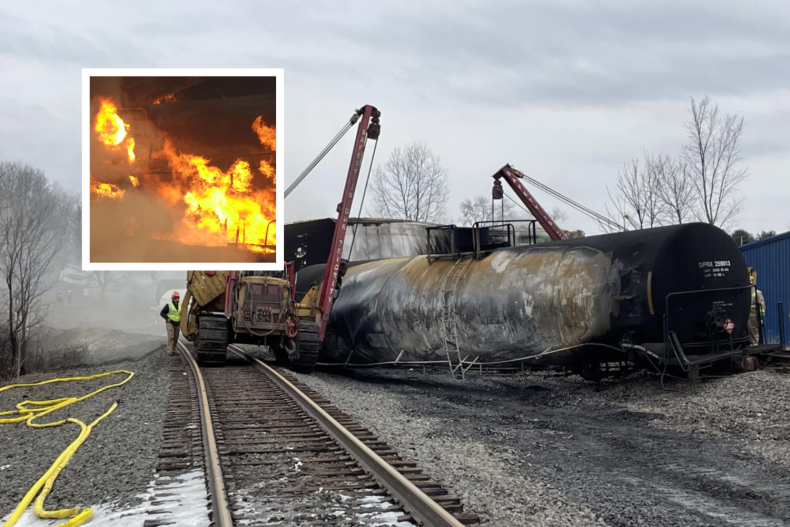Actors And Writers Strike: What It Means For The Entertainment Industry

Table of Contents
The Core Issues Fueling the Strike
The current Actors and Writers Strike isn't simply about money; it's a multifaceted battle over fundamental changes in the entertainment landscape. Several key issues have driven actors and writers to this unprecedented joint action.
Fair Compensation and Residuals
For decades, the historical disparity between actor and writer pay and studio profits has been a point of contention. This disparity has widened significantly with the rise of streaming services. The traditional model of residuals—payments made to actors and writers each time their work is broadcast—has been drastically undermined.
- Streaming Residuals: Streaming platforms often pay significantly less in residuals compared to traditional television networks, even with billions of views. This has created a huge financial imbalance, leaving many actors and writers struggling to make a living despite the immense popularity of their work.
- Minimum Pay Increases: The rising cost of living has further exacerbated the issue. Actors and writers are demanding significant minimum pay increases to reflect the current economic realities and ensure a livable wage.
- Transparency in Revenue Sharing: Lack of transparency regarding streaming revenue makes it difficult for actors and writers to negotiate fairly, further fueling the discontent.
Creative Control and AI Concerns
Beyond financial compensation, the strike also addresses critical concerns about creative control and the growing threat of artificial intelligence.
- AI Replacement: Writers are deeply concerned about the potential replacement of human writers with AI, threatening their livelihoods and the originality of storytelling. The use of AI writing tools raises questions about copyright, authorship, and the very nature of creative work.
- Deepfakes and Digital Likeness: Actors are worried about the unauthorized use of their likeness and performance data for deepfakes and other AI-generated content without proper consent or compensation. This raises serious ethical and legal concerns.
- Studio Interference: Both writers and actors are pushing back against excessive studio interference in creative decisions, seeking greater autonomy and control over their work.
The Impact of Streaming Services
The shift from traditional television models to streaming has fundamentally altered the compensation structures within the entertainment industry.
- Opaque Viewership Data: Streaming platforms often withhold crucial viewership data, making it difficult to assess the success of a project and negotiate fair compensation.
- Subscription Model Impact: The subscription model of streaming services, while profitable for the platforms, often results in lower per-view payments for actors and writers compared to the advertising-revenue-driven model of traditional television.
- Business Models: The business models of streaming platforms are often prioritized over the fair compensation of those who create the content, leading to the current crisis.
Short-Term and Long-Term Effects on the Industry
The Actors and Writers Strike has far-reaching consequences, both immediate and long-term, that will significantly shape the future of the entertainment industry.
Immediate Impacts
The strike has brought Hollywood to a standstill.
- Production Halt: Television and film production has been halted, resulting in significant delays across all areas of the industry.
- Delayed Releases: Movies and television shows are facing delays, impacting release schedules and potentially affecting marketing campaigns.
- Marketing Disruption: Promotional campaigns for upcoming projects are being impacted, affecting revenue projections and potential audience reach.
Long-Term Consequences
The long-term effects of this strike could be transformative.
- Contract Renegotiations: The strike could lead to significant changes in contract negotiations and industry standards, potentially resulting in fairer compensation structures for actors and writers.
- Shift in Power Dynamics: The strike may shift the power dynamic within the industry, giving actors and writers a stronger voice in negotiations and creative decisions.
- Impact on Independent Filmmakers: The strike may disproportionately affect independent filmmakers and smaller productions, which often have fewer resources to navigate these industry disruptions.
The Wider Ripple Effect Beyond Hollywood
The impact of the Actors and Writers Strike extends far beyond the Hollywood studios.
Economic Implications
The strike has significant economic consequences for numerous individuals and businesses.
- Job Losses: The halt in production leads to job losses not only for actors and writers but also for crew members, support staff, and others employed in the industry.
- Related Industries: Businesses dependent on film production, such as catering, transportation, and hotel services, are also feeling the economic impact.
- Local Economy Impact: Cities heavily reliant on film production are experiencing economic downturns due to the decreased activity.
Social and Cultural Impact
The strike is having a significant social and cultural impact.
- Labor Rights Discussion: It has reignited a broader conversation about labor rights, fair compensation, and the balance of power between labor and capital.
- Unionization Efforts: The strike may inspire increased unionization efforts in other industries facing similar challenges.
- Impact on Creative Output: The long-term effects on creative output and diversity of content remain to be seen, but the strike may lead to shifts in creative decision-making.
Conclusion
The Actors and Writers Strike is more than just a labor dispute; it's a pivotal moment that could reshape the entertainment industry for years to come. The core issues—fair compensation, creative control, and the disruptive influence of streaming—demand immediate and comprehensive solutions. Understanding the complexities of this strike is crucial for anyone interested in the future of film, television, and the broader creative landscape. Stay informed about the ongoing developments in the Actors and Writers Strike and support fair practices within the entertainment industry. We must ensure the voices and livelihoods of creatives are valued and protected.

Featured Posts
-
 Images Inedites L Emotion D Emmanuel Macron Apres Une Rencontre Avec Des Victimes En Israel
May 04, 2025
Images Inedites L Emotion D Emmanuel Macron Apres Une Rencontre Avec Des Victimes En Israel
May 04, 2025 -
 Sydney Sweeney The Allure Of A Brown Leather Corset Blazer
May 04, 2025
Sydney Sweeney The Allure Of A Brown Leather Corset Blazer
May 04, 2025 -
 Crawford Vs Canelo Rolly Romeros Prediction And Knockout Analysis
May 04, 2025
Crawford Vs Canelo Rolly Romeros Prediction And Knockout Analysis
May 04, 2025 -
 Ohio Train Derailment Aftermath Prolonged Toxic Chemical Presence In Buildings
May 04, 2025
Ohio Train Derailment Aftermath Prolonged Toxic Chemical Presence In Buildings
May 04, 2025 -
 Corinthians Vs Palmeiras Transmissao Ao Vivo Horario E Provaveis Escalacoes
May 04, 2025
Corinthians Vs Palmeiras Transmissao Ao Vivo Horario E Provaveis Escalacoes
May 04, 2025
